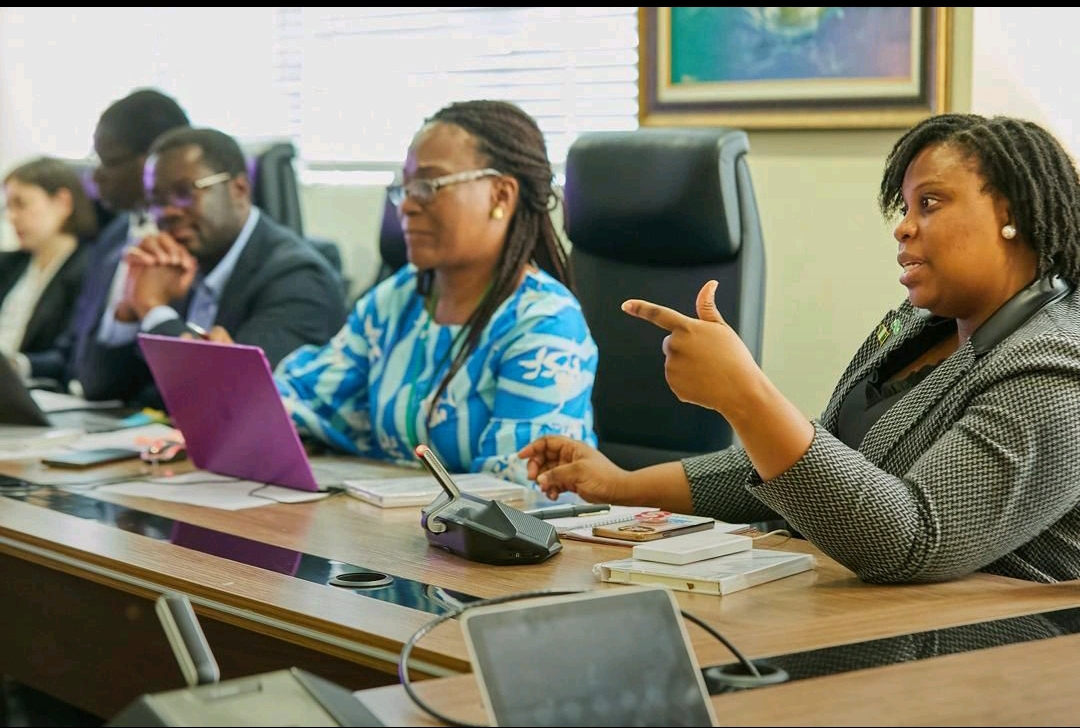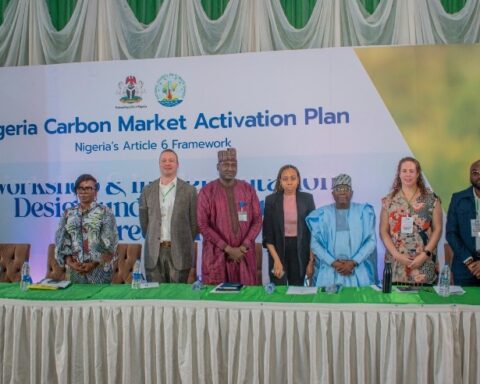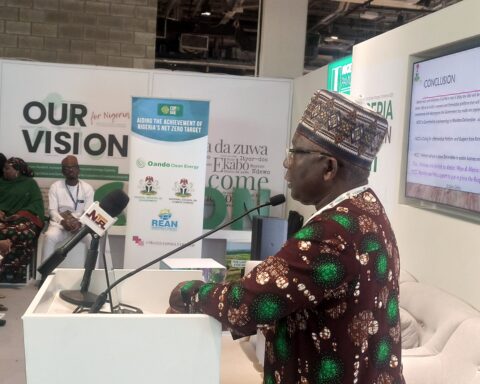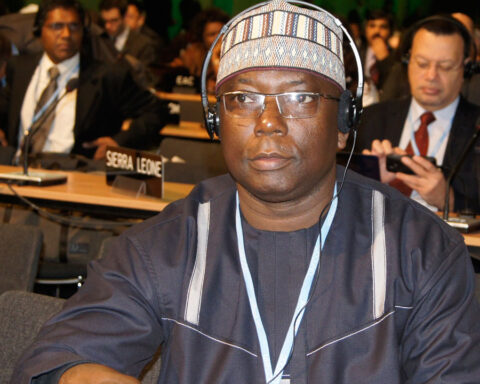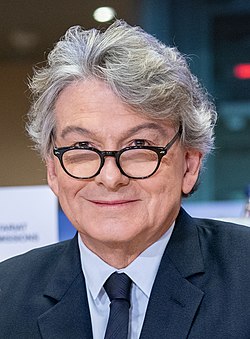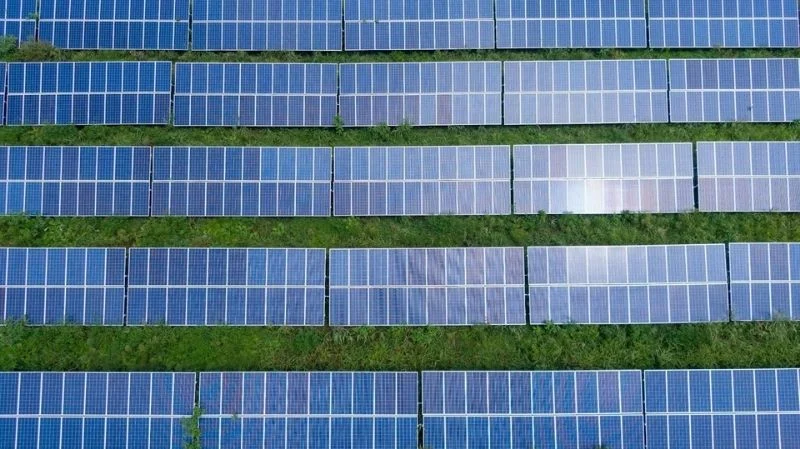As part of a strategic move to bolster Nigeria’s access to global climate financing, the country is working towards getting two national entities accredited by the Green Climate Fund (GCF) ahead of the United Nations Framework Convention on Climate Change (UNFCCC) COP30 scheduled to hold later this year in Belém, Brazil.
The Director-General of the National Council on Climate Change (NCCC), Dr. Nkiruka Maduekwe gave the hint during a stakeholders’ meeting as part of the ongoing Green Climate Fund mission in Nigeria held in Abuja, noting that the accreditation is part of Nigeria’s broader plan to present viable and bankable climate projects that align with GCF’s standards.
“Our focus is to enhance access to climate finance through credible projects that support Nigeria’s climate goals.
“We are committed to bringing forward bankable projects that can attract support from the Green Climate Fund and other climate finance mechanisms,” she said.
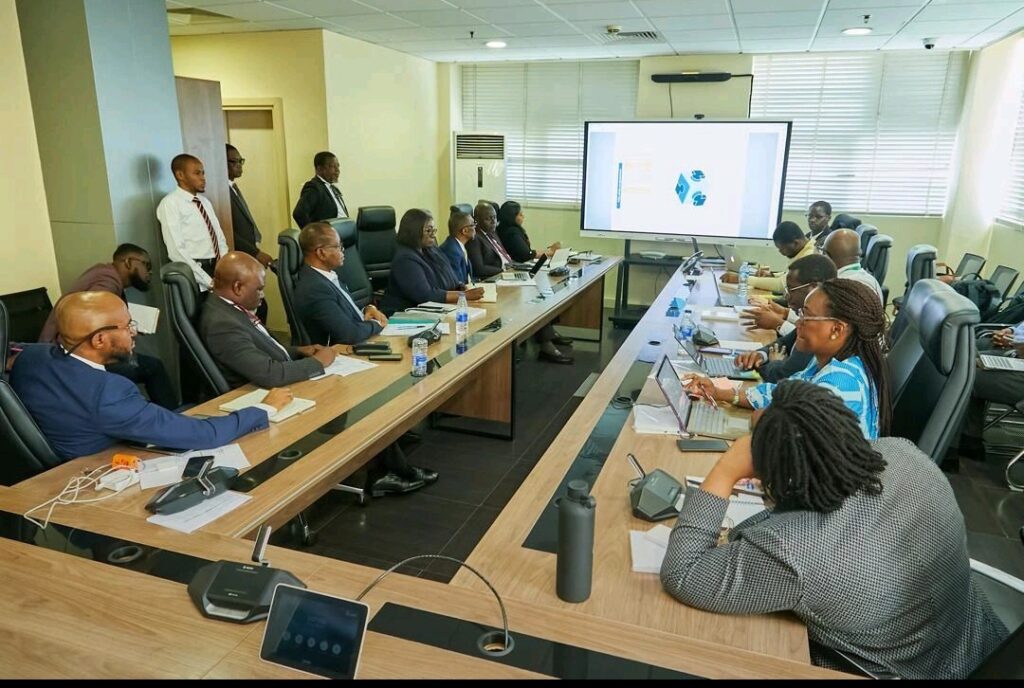
The meeting, which brought together key stakeholders from public and private sectors, also focused on project assessment requirements and expansion strategies for Access Entities (AEs) to accelerate the execution of green initiatives across the country.
GCF’s Senior Urban Sector Specialist, Mr. Marcus Mayr, while speaking at the event, reaffirmed the Fund’s commitment to supporting Nigeria’s climate action pathway. “We are happy to evaluate the tools and instruments required to scale up climate interventions in line with country-specific programmes,” he said.
Representing the Nigeria Incentive-Based Risk Sharing System for Agricultural Lending (NIRSAL), Mr. Austin Ike highlighted how his agency has de-risked agricultural activities to safeguard food systems against climate shocks such as flooding and drought.
He praised the collaboration, saying NIRSAL’s involvement is crucial in bridging the gap between climate resilience and food security.
Former Deputy Director of Private Finance at the GCF and current representative of the Fund’s Investment and Strategic Investment Division, Mr. Soji Omisore, elaborated on GCF’s renewed interest in private sector engagement.
He stated that the Fund, which recently secured $12.8 billion in pledges from 31 countries for GCF-2 (2024–2027), is prioritising projects with strong mitigation and adaptation outcomes.
“Financial viability is only one part of the equation. The projects we fund must place climate impact both mitigation and adaptation at the centre,” he said, while explaining the flexible financial instruments available, including debt, equity, grants, and guarantees.
Omisore also noted that GCF funding is concessional, tailored to match the regional and national contexts of proposed projects.
“We want to measure impact, and that impact must align with global climate goals,” he concluded.
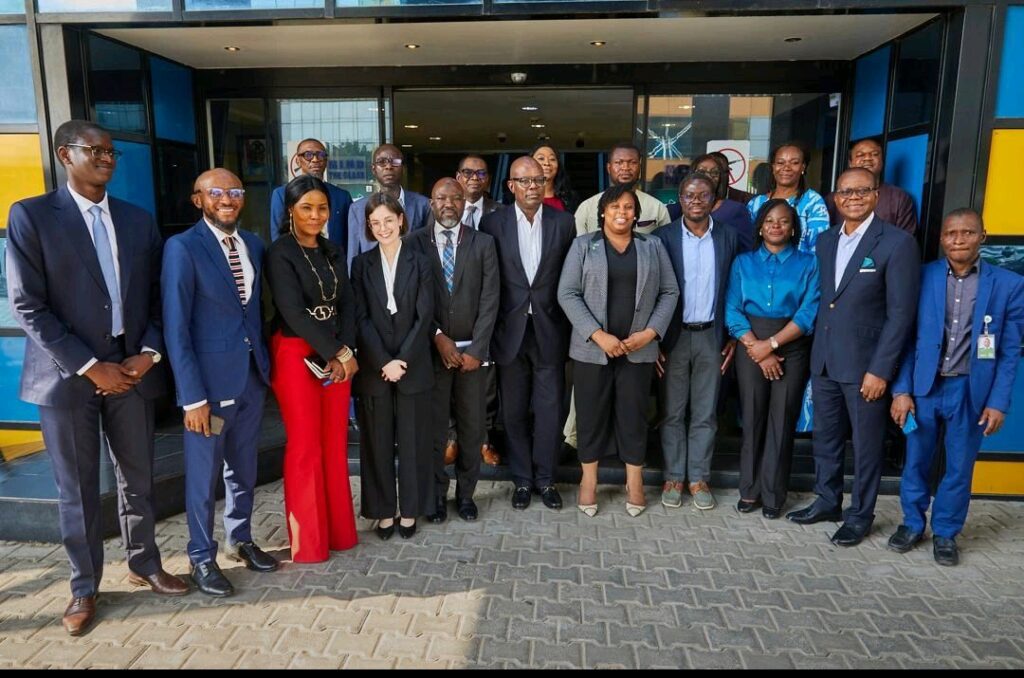
The Abuja dialogue marks a crucial step in Nigeria’s journey toward climate finance readiness and demonstrates the country’s commitment to unlocking funds for sustainable development and environmental resilience.
By Dare Akogun


